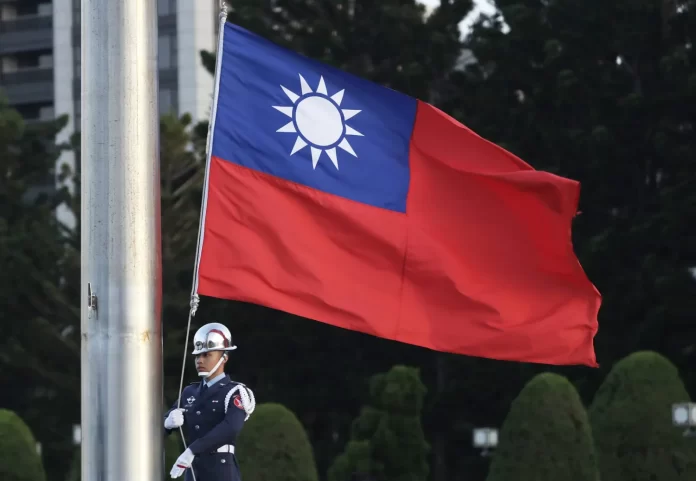Facebook Twitter (X) Instagram Somali Magazine - People's Magazine
Somalia has officially barred citizens of Taiwan from entering, transiting through, or departing from its territory, citing what it called unauthorized activities by Taiwan in the breakaway region of Somaliland. The decision marks a dramatic escalation in a complex diplomatic standoff that now includes tit-for-tat travel restrictions, regional tensions, and the increasing shadow of global rivalries playing out in East Africa.
Somalia’s directive was issued by its Civil Aviation Authority and is set to take effect from April 30. The move bans all airlines operating in Somali airspace from carrying passengers with Taiwanese passports. Authorities described the ban as a matter of national sovereignty, citing Taiwan’s growing presence in Somaliland, which declared independence from Somalia in 1991 but remains unrecognized internationally. The Somali government insists that Taiwan’s diplomatic overtures to Hargeisa are illegal and violate Somalia’s territorial integrity.
In particular, Somalia has taken issue with Taiwan’s representative office in Hargeisa, the capital of Somaliland, which has been operational since 2020. Taiwan’s decision to appoint a new envoy to Somaliland in February 2025 appeared to further inflame tensions. Somali officials accuse Taiwan of operating without formal authorization and of promoting secessionist ambitions that undermine regional stability.
The Somali government also referenced international norms in its justification for the ban, reiterating its commitment to the “One China” policy, which recognizes the People’s Republic of China as the sole legitimate government of China and considers Taiwan a part of Chinese territory. Somalia sees Taiwan’s engagement with Somaliland not only as interference but as a breach of established diplomatic frameworks.
In response, Taiwan’s Ministry of Foreign Affairs announced a reciprocal ban on Somali citizens. The statement framed Somalia’s actions as politically motivated and suggested that they were made under pressure from China. Taiwan rejected Somalia’s sovereignty claims over Somaliland, noting that its engagement with the region is based on mutual respect and shared democratic values. The Taiwanese government also criticized what it described as a misuse of international resolutions to marginalize Taiwan diplomatically.
The diplomatic fallout has rippled beyond Mogadishu and Taipei. China has publicly backed Somalia’s actions, praising what it called Somalia’s firm support for the “One China” principle. China’s endorsement is viewed as part of its broader campaign to isolate Taiwan on the international stage by discouraging governments and regions from establishing direct relations with it.
Somaliland, for its part, has remained defiant. Although still lacking recognition from the United Nations or major world powers, the self-declared republic has continued to cultivate relationships with like-minded partners, including Taiwan. For both Taiwan and Somaliland, the partnership offers mutual benefits: international visibility for Somaliland and diplomatic recognition—albeit unofficial—for Taiwan.
This episode is emblematic of the increasingly global nature of diplomatic rivalries. What might appear as a localized dispute in the Horn of Africa is, in fact, part of a broader contest involving issues of sovereignty, recognition, and influence. For Somalia, the matter is about territorial unity and political legitimacy. For Taiwan, it is about carving out diplomatic space in a world where formal allies are few and political pressures are mounting.
The mutual bans are likely to affect not just political elites but also civilians, including aid workers, businesspeople, and diaspora travelers who may now find it more difficult to move between the two regions. As travel becomes yet another battleground in an ongoing diplomatic chess match, the situation could further destabilize an already fragile region.
What happens next remains uncertain, but what is clear is that the Horn of Africa has become yet another arena where the politics of recognition, sovereignty, and great-power rivalry collide.

